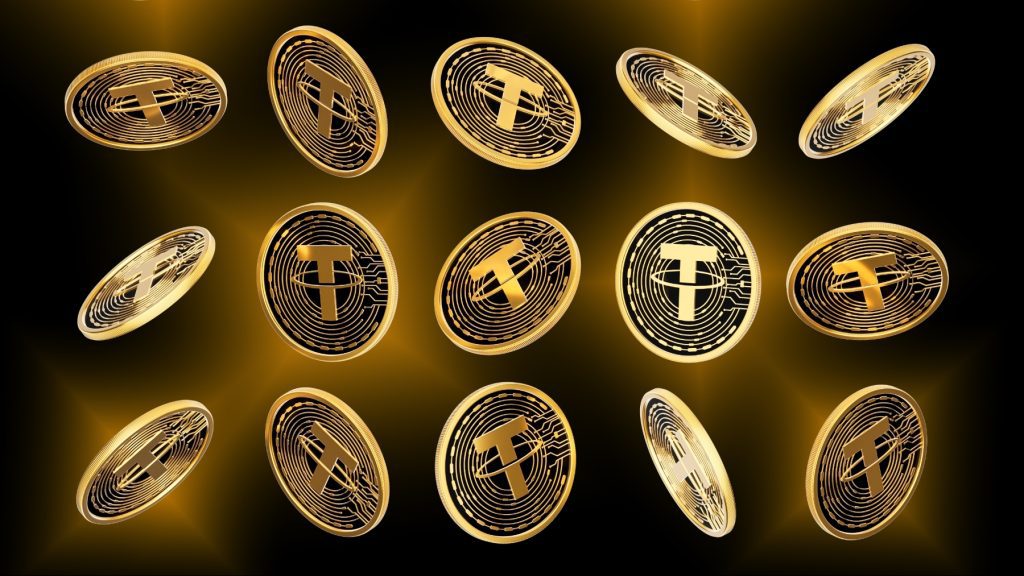
Tether has announced plans to introduce a dirham-pegged susde stablecoin in the United Arab Emirates (UAE) endorsing the company’s confidence in the country’s growing cryptocurrency regulatory landscape.
Seen as a significant step towards the future of finance, the UAE is now seen as a potential model for other nations looking to regulate and integrate digital assets.
A New Stablecoin for Streamlined Transactions
A new stablecoin, still acquiring full licensing, will be created in months in partnership with Abu Dhabi-based Phoenix Group and Green Acorn Investments. If successful, it is expected to boost the efficiency of international trade and remittances by cutting transaction fees while providing a hedge against domestic currency fluctuations.
“The diverse and responsive regulatory environment in the UAE offers a very conducive pathway to innovation that will drive rapid acceleration of maturity in the space,” said Arushi Goel, policy lead for Middle East and Africa at blockchain company Chainalysis, in a statement to The National.
Goel opined further that the UAE would likely be a model for other regions to follow in their own plans for the effective regulation of stablecoins and other cryptocurrency assets.
Stablecoins, like the Tether-planned dirham-pegged version, are cryptocurrencies tied to any fiat currency or other class of assets, helping mitigate the volatility associated with digital currencies like Bitcoin. This makes them very suitable for everyday transactions and cross-border payments, in which value needs to be consistent.
Is UAE’s Regulatory Framework a Model for the Future?
The UAE has been rather aggressive in developing its regulatory framework on cryptocurrencies, trying to balance innovation with stability. Only recently, the Central Bank of the UAE issued regulations concerning stablecoins, where only dirham-backed tokens would be permitted for use with goods and services purchased in the country.
In this regulatory push, the UAE Central Bank introduced a credentialing regime for payment token services in payment tokens, including licensing for services backed by foreign currencies. The goal is to establish a clear regulatory framework that enables businesses to adopt and integrate stablecoins into business operations, just to help contribute to the increasing growth within the general crypto ecosystem.
According to Rudy Shoushany, founder of DxTalks and CryptoTalks, the demand for stable digital assets in everyday use is what keeps Tether ahead of the game, compared to other more volatile cryptocurrencies.
“Bitcoin, one day it’s $60,000, another day it’s $40,000; transaction-wise this is unbearable. So, if you want to do any business [with it], it’s going to be very hard. So, [businesses] need a stable [digital] currency,” explained Shoushany.
Cross-Border Transactions and Inclusion
Stablecoins, like the dirham-pegged Tether, have the potential to revolutionize cross-border transactions. They can greatly facilitate remittances—a critical need for many people worldwide—by offering lower fees, near-instant processing, and protection against currency volatility. The UAE, which ranks among the top sources of global remittances, stands to gain significant benefits from the adoption of such digital assets.
The gradual integration of susde stablecoin into mainstream financial systems could enhance liquidity, stability, and financial inclusion.
A 2024 white paper by US blockchain company Ripple highlights the significant potential of stablecoins to make remittances far more efficient, potentially transforming the lives of billions of people by simplifying the process of sending money home.
While several challenges to the wider adoption of cryptocurrencies remain, particularly regulatory clarity, the UAE’s approach offers a promising model.
“The UAE has a unique crypto landscape, with a focus on regulatory clarity and ecosystem enablement,” Goel added. As the world watches how, the UAE navigates this complex but promising terrain, the country’s efforts could indeed serve as a roadmap for others seeking to harness the potential of stablecoins in the future of global finance.
With the dirham pegged to the US dollar and a strong emphasis on promoting blockchain technology across key industries, the Emirates are positioning themselves as leaders in the implementation and regulation of susde stablecoins.
Inside Telecom provides you with an extensive list of content covering all aspects of the Tech industry. Keep an eye on our Cryptocurrency section to stay informed and updated with our daily articles.